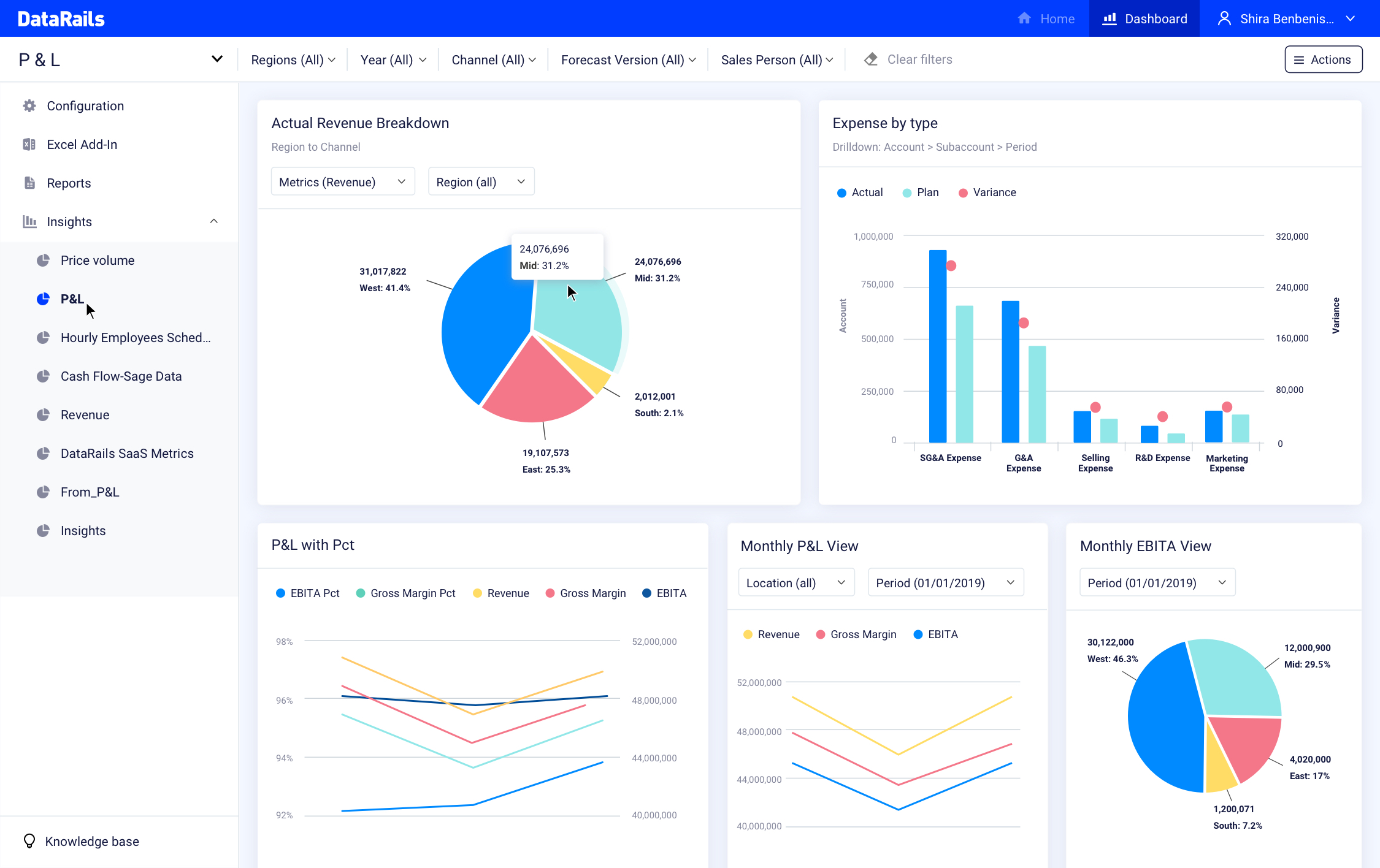When it comes to software to help IT manage workers’ devices wherever they happen to be, enterprises have long been spoiled for choice — a situation that has come in especially handy in the last 18 months, when many offices globally have gone remote and people have logged into their systems from home. But the same can’t really be said for small and medium enterprises: As with so many other aspects of tech, they’ve long been overlooked when it comes to building modern IT management solutions tailored to their size and needs.
But there are signs of that changing. Today, a startup called Atera that has been building remote, and low-cost, predictive IT management solutions specifically for organizations with less than 1,000 employees, is announcing a funding round of $77 million — a sign of the demand in the market, and Atera’s own success in addressing it. The investment values Atera at $500 million, the company confirmed.
The Tel Aviv-based startup has amassed some 7,000 customers to date, managing millions of endpoints — computers and other devices connected to them — across some 90 countries, providing real-time diagnostics across the data points generated by those devices to predict problems with hardware, software and network, or with security issues.
Atera’s aim is to use the funding both to continue building out that customer footprint, and to expand its product — specifically adding more functionality to the AI that it currently uses (and for which Atera has been granted patents) to run predictive analytics, one of the technologies that today are part and parcel of solutions targeting larger enterprises but typically are absent from much of the software out there aimed at SMBs.
“We are in essence democratizing capabilities that exist for enterprises but not for the other half of the economy, SMBs,” said Gil Pekelman, Atera’s CEO, in an interview.
The funding is being led by General Atlantic, and it is notable for being only the second time that Atera has ever raised money — the first was earlier this year, a $25 million round from K1 Investment Management, which is also in this latest round. Before this year, Atera, which was founded in 2016, turned profitable in 2017 and then intentionally went out of profit in 2019 as it used cash from its balance sheet to grow. Through all of that, it was bootstrapped. (And it still has cash from that initial round earlier this year.)
As Pekelman — who co-founded the company with Oshri Moyal (CTO) — describes it, Atera’s approach to remote monitoring and management, as the space is typically called, starts first with software clients installed at the endpoints that connect into a network, which give IT managers the ability to monitor a network, regardless of the actual physical range, as if it’s located in a single office. Around that architecture, Atera essentially monitors and collects “data points” covering activity from those devices — currently taking in some 40,000 data points per second.
To be clear, these data points are not related to what a person is working on, or any content at all, but how the devices behave, and the diagnostics that Atera amasses and focuses on cover three main areas: hardware performance, networking and software performance and security. Through this, Atera’s system can predict when something might be about to go wrong with a machine, or why a network connection might not be working as it should, or if there is some suspicious behavior that might need a security-oriented response. It supplements its work in the third area with integrations with third-party security software — Bitdefender and Acronis among them — and by issuing updated security patches for devices on the network.
The whole system is built to be run in a self-service way. You buy Atera’s products online, and there are no salespeople involved — in fact most of its marketing today is done through Facebook and Google, Pekelman said, which is one area where it will continue to invest. This is one reason why it’s not really targeting larger enterprises (the others are the level of customization that would be needed; as well as more sophisticated service level agreements). But it is also the reason why Atera is so cheap: it costs $89 per month per IT technician, regardless of the number of endpoints that are being managed.
“Our constituencies are up to 1,000 employees, which is a world that was in essence quite neglected up to now,” Pekelman said. “The market we are targeting and that we care about are these smaller guys and they just don’t have tools like these today.” Since its model is $89 dollars per month per technician using the software, it means that a company with 500 people with four technicians is paying $356 per month to manage their networks, peanuts in the greater scheme of IT services, and one reason why Atera has caught on as more and more employees have gone remote and are looking like they will stay that way.
The fact that this model is thriving is also one of the reason and investors are interested.
“Atera has developed a compelling all-in-one platform that provides immense value for its customer base, and we are thrilled to be supporting the company in this important moment of its growth trajectory,” said Alex Crisses, MD, global head of New Investment Sourcing and co-head of Emerging Growth at General Atlantic, in a statement. “We are excited to work with a category-defining Israeli company, extending General Atlantic’s presence in the country’s cutting-edge technology sector and marking our fifth investment in the region. We look forward to partnering with Gil, Oshri and the Atera team to help the company realize its vision.”

 Weave, a startup out of Utah that has developed a unique VoIP-based unified communications service for small and medium businesses that it is selling first targeting dentists (more on that below), is today announcing that it has raised a Series A of $5 million. The round of funding is notable in that it’s the first investment to come out of A Capital, a new VC firm started by…
Weave, a startup out of Utah that has developed a unique VoIP-based unified communications service for small and medium businesses that it is selling first targeting dentists (more on that below), is today announcing that it has raised a Series A of $5 million. The round of funding is notable in that it’s the first investment to come out of A Capital, a new VC firm started by…  Kabbage, a platform for online merchants to borrow working capital, is picking up some cabbage of its own: the startup has closed a $270 million credit facility from Guggenheim Securities, the investment banking and capital markets division of Guggenheim Partners. Atlanta, Georgia-based Kabbage will use the funds to build out its financing business both in the U.S. and beyond. This is one of the…
Kabbage, a platform for online merchants to borrow working capital, is picking up some cabbage of its own: the startup has closed a $270 million credit facility from Guggenheim Securities, the investment banking and capital markets division of Guggenheim Partners. Atlanta, Georgia-based Kabbage will use the funds to build out its financing business both in the U.S. and beyond. This is one of the…